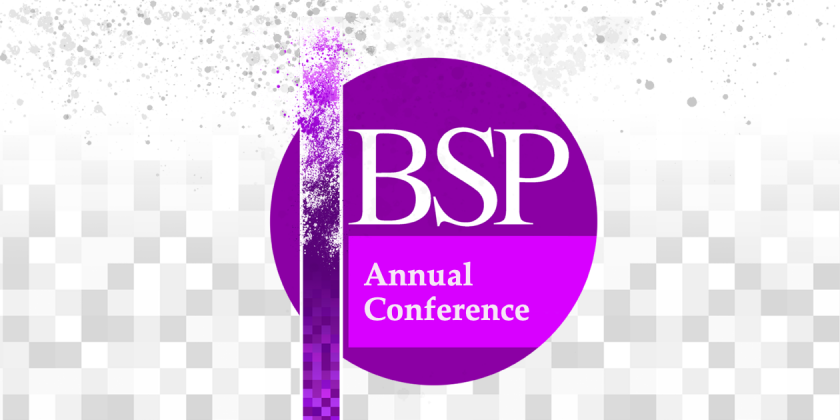Registration is open for the BSP’s 2023 conference (29-31 August – In Person), convened with the Manchester Metropolitan University, UK.
Registration is now open for the BSP’s 2023 conference (29-31 August – In Person), convened with the Department of History, Politics and Philosophy, Manchester Metropolitan University, UK.
3 Keynotes and 30 Speakers confirmed!
The British Society for Phenomenology
Lived Experience in Theory and in Practice
Annual UK Conference 2023
Department of History, Politics and Philosophy,
Manchester Metropolitan University, Manchester, UK
29-31 August – In Person
We aim to raise anew the question of lived experience, both in the theory and practice of phenomenology. Contributions come those who apply this concept in their practice, those who seek to develop that conception, and those who ground it in the history of the phenomenological tradition.
The idea that the lived experience must be listened to, captured, and enhanced has gained force in recent decades. HR departments are asked to cater to the lived experience of their employees. Universities are asked to consider the lived experience of their students. Multiplexes market their tickets on the basis of the lived experience of being in a cinema, rather than simply streaming at home. In politics, the recognition of the epistemic power of an individual’s lived experience has helped some marginalised groups that have been overlooked fight for justice, but has left others ridiculed and persecuted for disclosing a lived experience that challenges the assumptions of the powerful.
This term, whose provenance takes it back to the earliest of phenomenological thinking, has become embedded in the firmament of contemporary thinking; is it still rooted in the fundamental questions raised by phenomenology, or has it ‘been delivered over to self-evidence’? Does the concept require a phenomenological renewal? What are the limits of its application? Is it key to phenomenology’s contribution to the sciences, or has phenomenological research gone beyond this concept? Does ‘lived experience’ still have the power to help us understand the reality of a post-pandemic global age?
Go to the BSP2023AC website for more information.

